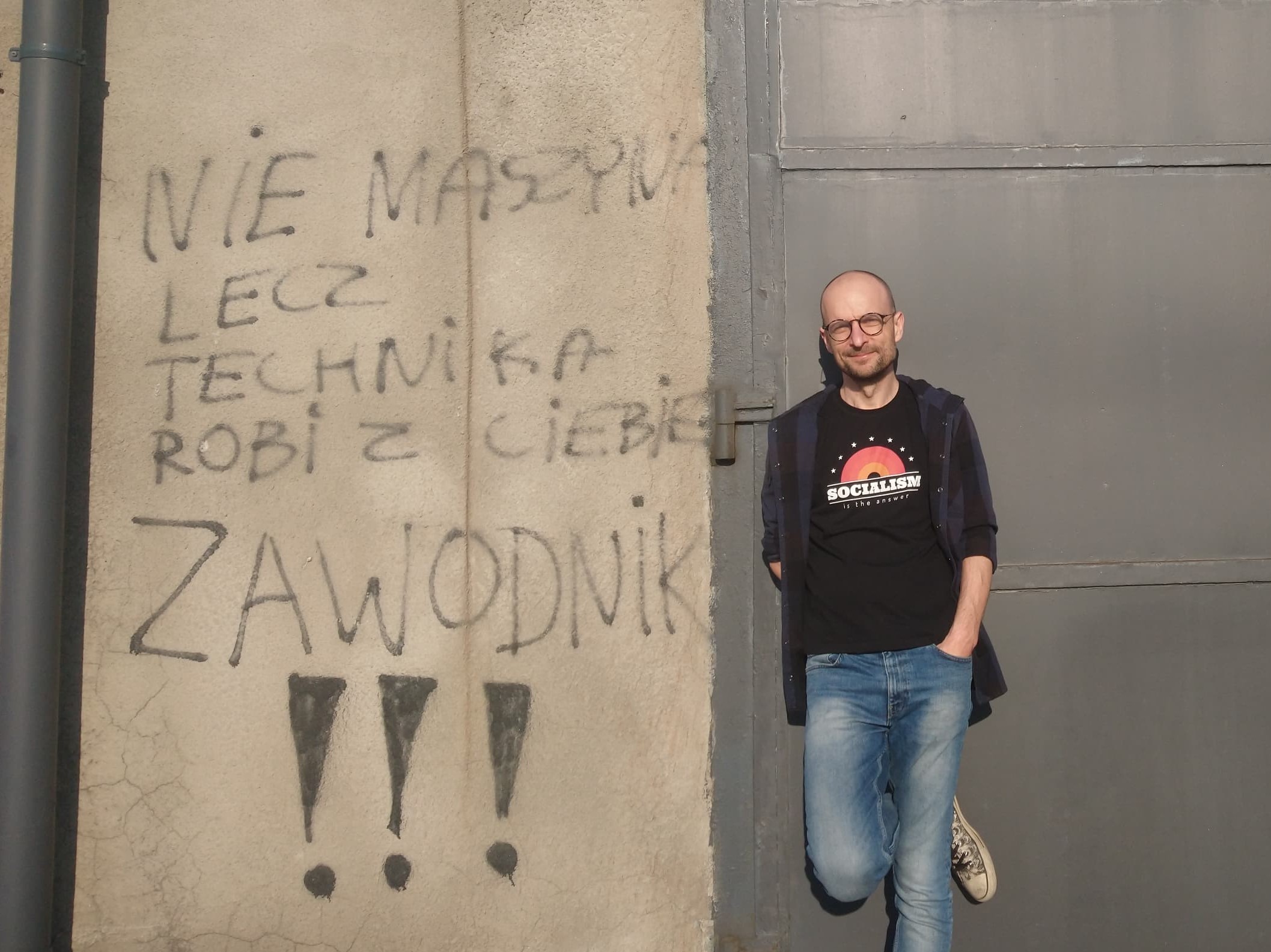In my intervention, I intend to explore the connections between information and entropy, and context – in post GPT-4 (large multimodal language model published by OpenAI in March 2023) commercialisation reality. We will begin with a “return to cybernetics”, its creator Norbert Wiener having warned, “Cybernetics is a two-edged sword, and sooner or later it will cut you deep”. Cybernetics is indeed worth revisiting, as it has revisited us. The contemporary context of cybernetic “image-objects” (such as the automatic factory described by Wiener) has little in common with the way of producing science or technology in the early post-World War II days. Nonetheless, the “image-objects” designed by cybernetic engineers have become a reality, yielding machines whose workings would cross all boundaries of cybernetic imagination: Amazon’s warehouses, autonomous vehicles, or the aforementioned GPT-4. With regard to the latter, I will argue that this “generative and tentatively trained transformer” is a primary-level trained generator of entropy – social and information-oriented – and of mental entropy defined by psychiatrist Antoni Kępiński. Yet in order to perceive these entropies and describe their generation mechanisms correctly, critical revision needs to be applied to the interpretation of entropy in information theory, and to the calculative description of the mind as a cerebral property involving information processing. I will attempt to showcase the outcomes of such theoretical interventions, as well as its potential practical use.
Lecture
Tentatively Trained Entropy Generators
Participants
-
 Michał KrzykawskiMichał Krzykawski
Michał KrzykawskiMichał KrzykawskiMichał Krzykawski
Ph.D. Hab. Professor at the University of Silesia, philosopher, expert in French literature, lecturer at the at the University of Silesia, where he is head of the Centre for Critical Research on Technologies. Author of multiple works with a focus on contemporary French philosophy, philosophy of technology, philosophy of science and political economy in the Anthropocene context. Co-author of the book Bifurquer. «Il n’y a pas d’alternative» edited by Bernard Stiegler and the Collective Internation (Paris 2020; English translation in progress). Co-founder of the Collective Organoesis.
Tentatively Trained Entropy Generators


